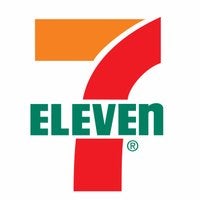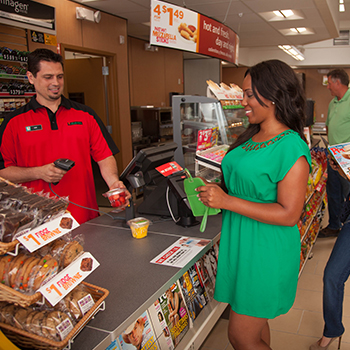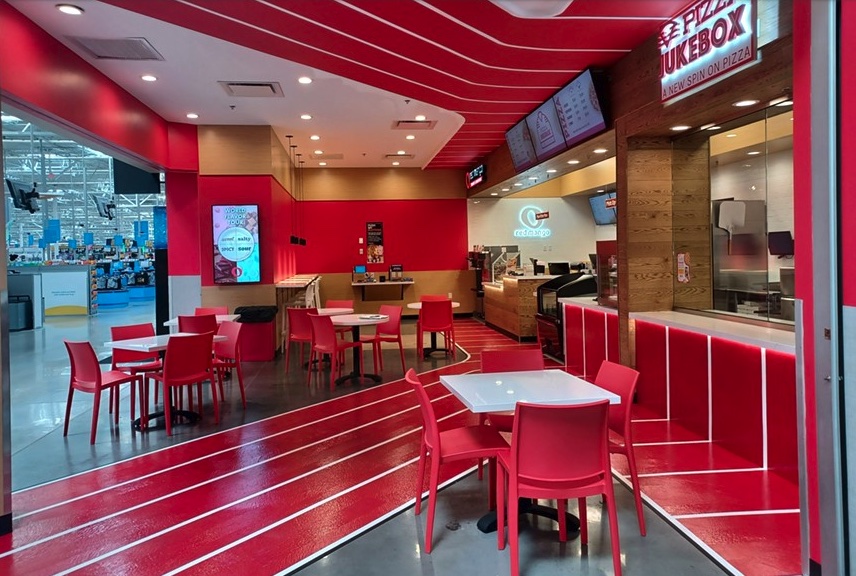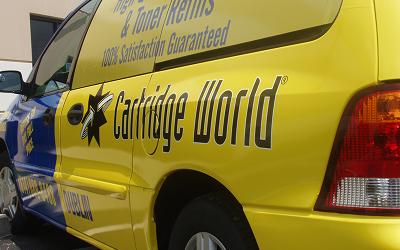Can I sell my franchise to someone else? Yes, you can sell a franchise to someone else, but the process […]
Is The Franchise Agreement For a Franchise Resale Negotiable?
Before signing a transfer, a buyer of a resale will want to know which aspects of an agreement made between the franchisor and the franchisee seller are negotiable upon re-sale. This means the buyer must first understand what components of an agreement are non-negotiable. Once the buyer has a good understanding of this, the next step is to become educated on the situational and market circumstances of the re-sale. This information will be leveraged during negotiations, and is where due diligence results in obtaining the best deal.
What are the components or terms of a franchise agreement? There are many, and some are brand-specific. Nevertheless, most can be placed in general categories, and only a small number are needed to turn a potential buyer into an educated negotiator.
The terms that are non-negotiable include:
- The length of the franchise agreement
- The logos, trademarks, and brand issues
- Basic ingredients, brand-specific supplies, and operating processes
- First Right of Refusal
- Right of Approval
The length of the franchise agreement
Of course, no franchise agreement lasts forever. After an agreed upon term of years that the seller has established with the franchisor the agreement does have an expiration date. A buyer needs to know what this is, and if only a few years remain on the agreement being transferred, the buyer will want to learn what the renewal fee will be whenever the agreement expires. However, the length of the original agreement is usually set by the franchisor and is not up for negotiation.
The logos, trademarks, and brand issues
A business becomes a franchise enterprise because of prior success. This success is attached to the brand image, including the logos, colors, trademarks, or even the sayings made by employees. Any issues related to brand or image are non-negotiable, regardless of potential savings.
The basic ingredients, brand supplies, and operating processes
This is true for the basic recipes, ingredients, and frequently the supplies and equipment provided for the franchisee. Although franchisors usually invite helpful suggestions on how to improve products or services, most franchisors do not change their proven, standardized methods of operation just because a franchisee requests adjustments. Even if slight alterations would mean big savings for the buyer, they are usually non-negotiable.
The First Right of Refusal
If the buyer becomes a seller sometime in the future, it is good to know ahead of time that the franchisor has the First Right of Refusal. This means that if the franchisee sets up a buyer for a re-sale the franchisor can refuse a deal between the seller and buyer and demand the first right to buy the re-sale. This right is granted to franchisors as a general rule and is not negotiable.
The Franchisor’s Right of Approval
Another general rule that applies to the franchise industry is the Franchisor’s Right of Approval. The franchisor controls the brand, and the brand’s continued prosperity is largely dependent on the franchisees’ cumulative success. For this reason, franchisors do not want buyers who will likely fail. The Franchisor’s Right of Approval to reject or accept a prospective buyer of a re-sale is not negotiable.
On the other hand, there are terms and costs that sometimes can be negotiable. A few of the important ones follow:
- The Transfer fee
- Royalties
- Size and scope of Territorial Rights
- Terms of payment for Franchise Fee
The transfer fee
How negotiable the transfer fee is depends largely on the view or attitude of the franchisor toward the franchise seller. If the seller has performed well, the franchisor will not be desperate to facilitate the transfer because risk is always involved in a transfer that is already a prosperous operation. To the contrary, if a seller has incorporated shoddy practices, causing lower sales volume and a scar on the brand image, this hurts the franchisor. In a hostile relationship between the franchisor and seller, the buyer can almost always negotiate a reduced transfer fee.
Royalties
The same is true for royalties the franchisee has to pay as a percent of sales volume or gross profit. Franchisors will sometimes consider providing Royalty Relief if the relief will expedite the transfer from a seller who has performed poorly. This relief is usually a reduced percentage or in some cases a complete cut of the fees for a set period of time, and is definitely negotiable.
The size & scope of territorial rights; the terms of payment for franchise fee
Franchisors with godfather brands that have twenty or thirty years built into their franchise operations rarely negotiate the size and scope of territorial rights nor the terms of payments for their franchise fee. Smaller franchisors with less-mature brands, however, will have plenty of territory remaining to open new operations. They’re also likely to be more flexible, to enable rapid growth of their franchise model, regarding the franchise fee. Franchisors, big or small, depend on royalties and franchise fees to continue their enterprises. Thus, the amount of the franchise fee is unlikely to change, but the up-front cost and payments on the fee thereafter are negotiable.
Another point of consideration is the situational or market circumstances of individual re-sales. Before attempting to squeeze savings from an agreement, the buyer must investigate the franchise itself. How strong is the overall brand? How good is the re-sale location regarding foot traffic and demographics? Just like haggling over a used car sale, the process of negotiating a franchise transfer is similar, in that information about the re-sale should be leveraged for the best closing deal. If a car had no air conditioning, the buyer would necessarily use such a detail to negotiate a lower price. Each situation is different, yet requires similar leveraging in franchise transfers, in response to the data obtained during research. For instance, how much will the buyer need to invest in advertisements? Did prior litigation or bad seller habits harm the location’s potentiality? Do the records in the Franchise Disclosure Document reflect low profit margin or low revenue volume? Is the lease of the location prohibitively expensive?
Answers should be found for these questions. Too many negative answers would indicate the need to find another re-sale opportunity. However, if most of the fundamentals seem solid, having knowledge about the few negative ones is imperative to negotiating the best deal. In addition, by focusing the leverage only on terms that are commonly negotiable, the buyer enhances the benefits of due diligence. This shows the franchisor how responsible and serious the buyer is in advancing the brand, and that’s usually what leads to a visit to the corporate office for Discovery Day.
Recent Articles
Why a Salad Franchise is a Fruitful Financial Opportunity
Are salad franchises profitable? Salad franchises can be profitable, but success depends on various factors including location, competition, quality of […]
Home-based Franchise: 12 Options You Can Run Remotely
Can you run a franchise from home? Yes, it is possible to run a home-based franchise, depending on the nature […]
Turnkey Business for Sale: What to Know Before You Buy
Are turnkey businesses profitable? The profitability of turnkey businesses can vary depending on various factors such as the industry, market […]
In Business for Yourself.. and Totally by Yourself !
The much used statement, which screams the benefit of buying a franchise: “In Business For Yourself BUT Not By Yourself,” […]
7-Eleven Franchise: What to Know About Owning a Convenience Store
Owning a 7-Eleven franchise involves a unique business model that is somewhat different from other franchising opportunities. Here's an overview […]


























